New report reveals Philly gun violence prevention program is in peril
The Community Crisis Intervention Program has received millions of dollars in funds, but has made little impact as gun violence stays rising.
Gun violence has become endemic in Philadelphia even while local organizations have tried to decrease the number with their efforts. One of the more well-known local gun violence prevention programs, the Community Crisis Intervention Program (CCIP), according to new reports, is disorganized, failing to adequately train their staffers, and struggling to reach basic goals that they set for themselves.
The latest reports, commissioned by the city’s Office of Violence Prevention, which supervises and funds the initiative that helps community members create positive relationships with individuals at risk of committing or being on the receiving end of gun violence. In 2021, the organization received $5.3 million in city funds, and even with that, Philadelphia has seen such an increase in gun violence that is on pace to break last year’s record.
The city was direct with its evaluation of the organization's shortcomings and frailty in trying to prevent gun violence in their report posted on phila.gov in late October. The city investigation also revealed that CCIP’s practices are “inconsistent,” in addition to a number of its tasks that CCIP considers to be vital to its operation “do not appear to be common in practice.”
It also showed that while many dedicated workers are working day in and day out doing the work needed, the reports show that CCIP lacks a program director, has a disheartened staff that at times is at odds with one another, has failed to create much-needed connections with important community stakeholders, and has organized less than a handful of hospital interventions with gunshot victims.
With a current staff count of 60, CCIP’s approach to the initiative is to locate and point out the small population of people most likely to commit or be on the receiving end of gun violence, then have the program’s messengers interact with them and their communities to offer them connections to support and social services.
Reports show that the investigation into CCIP cost $150,000 and were compiled by the American Institutes for Research. It performed a review of hundreds of internal documents and conducted interviews, and even ride-alongs with more than 50 people, including program staffers, police department leadership, and officials in the Office of Violence Prevention.
Philly’s senior director for criminal justice and public safety, Erica Atwood, confirmed in an interview that the city's findings were correct in relation to the organization’s flaws, but did say that she viewed the report as a big chance to further improve themselves and expand efforts.
This means fixing the identified problems by adding a director, qualified staff, and better training.
“I read it as: ‘We’ve got to do better. We’ve got to make changes. These are the changes we need to make, and we need to make them ASAP,’ ” Atwood said. “This work is way too important for us to kind of be lagging and dragging.”
Atwood added that the CCIP reports are “confirmation of things we knew we needed,” she said.
The city’s reports were the first of many in a number of critical assessments of Philly’s efforts to successfully and adequately put together community-based anti-violence programming.
RELATED CONTENT
Initiatives as such are usually considered to be helpful and complementary to local law enforcement. While they vary in specifics, certain advocates argue that such programs can have a real impact on reducing local gun violence.
Also in the reports, staffers revealed feelings of being overwhelmed with work while being underpaid. Others felt CCIP’s “mandate to reduce violence is unrealistic.”
Some also do not feel comfortable doing street-based mediations or intelligence gathering because of the temperamental nature and possibility of being victims themselves, or putting their families in danger as a result of their work.
Others were also unsure of “what success looks like... apart from a general belief/hope that what they are doing is making some sort of positive difference in preventing gun violence.”
With all the negatives, the reports do show some positives in that staffers are dedicated and collect important information about their activities. Additionally, the organization’s leaders meet regularly with local officials.
No matter the difficulties revealed in the reports, Philly will continue and look to partner with CCIP, and two other organizations — Eddie’s House and the Institute for the Development of African American Youth.
“This is something that we can’t just quit and say all right, it didn’t work,” Atwood said. “If we know what the problems are, let’s do it and do it right.”


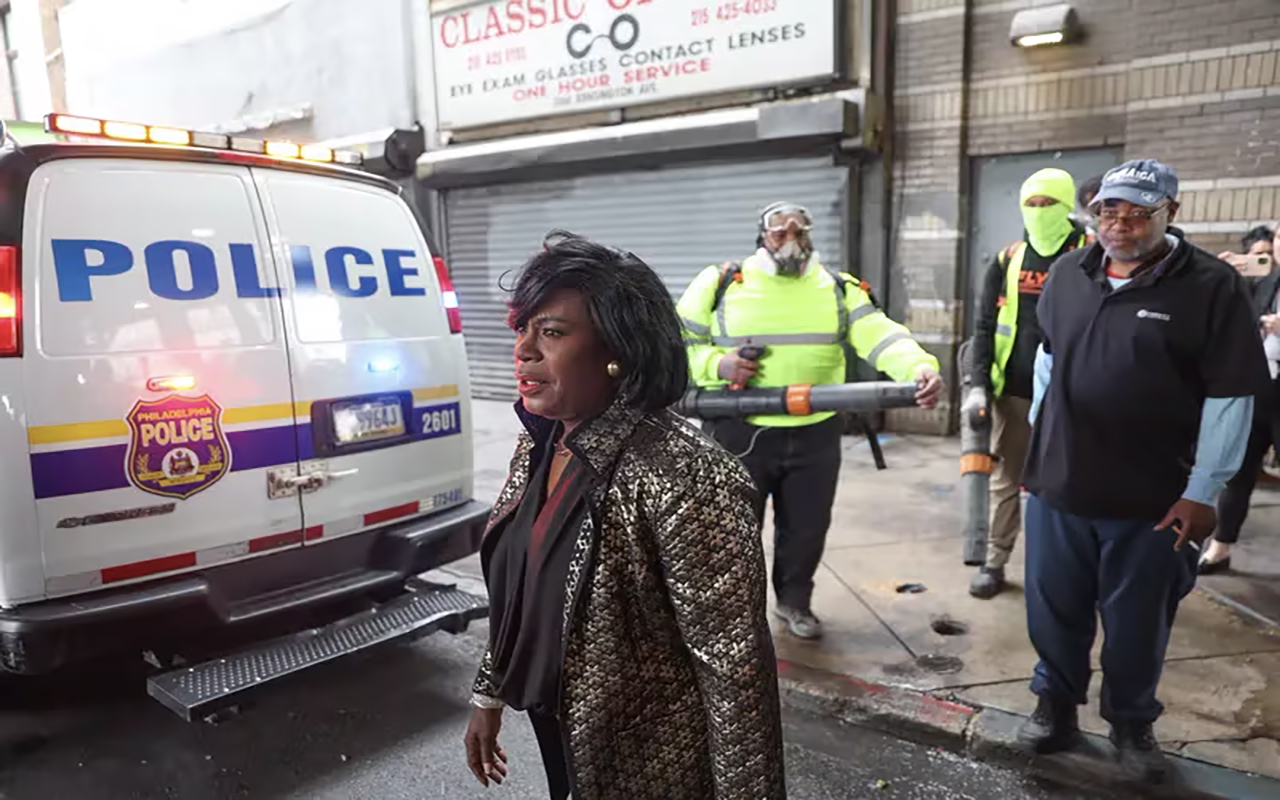
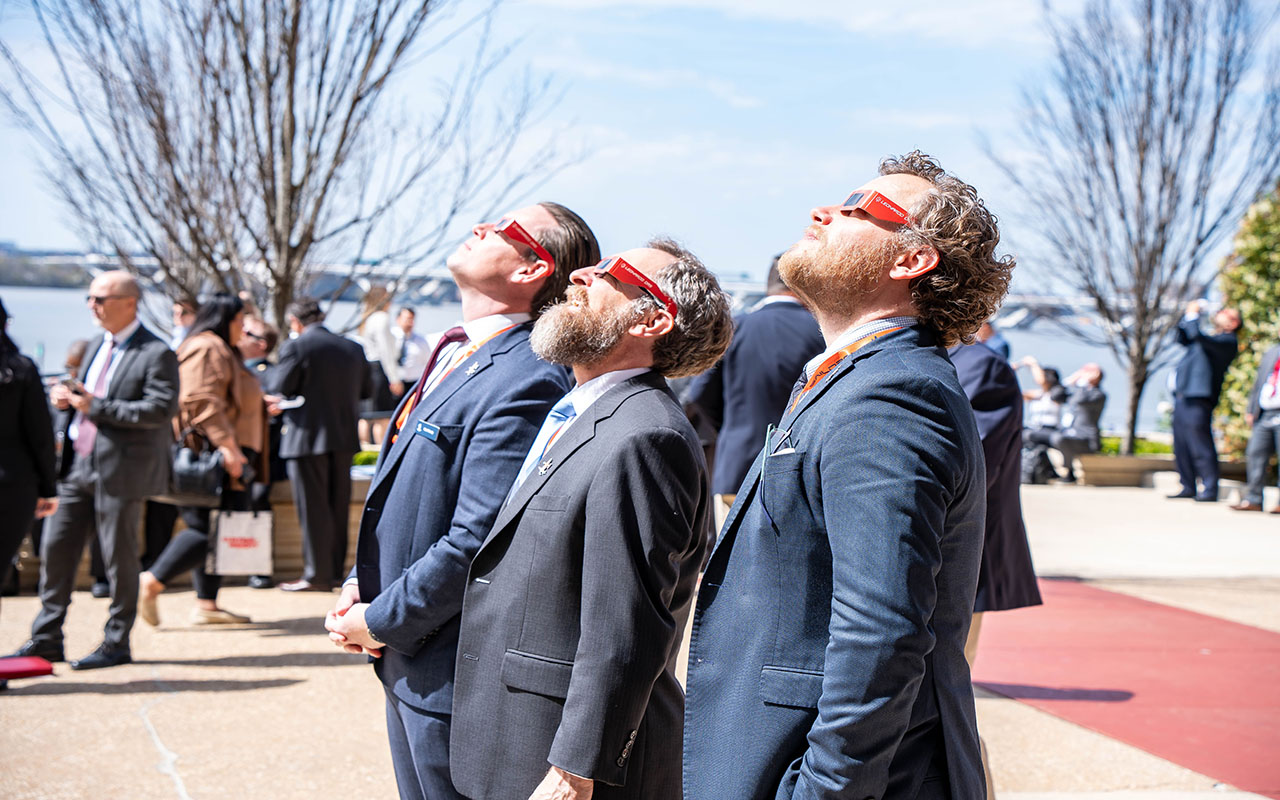


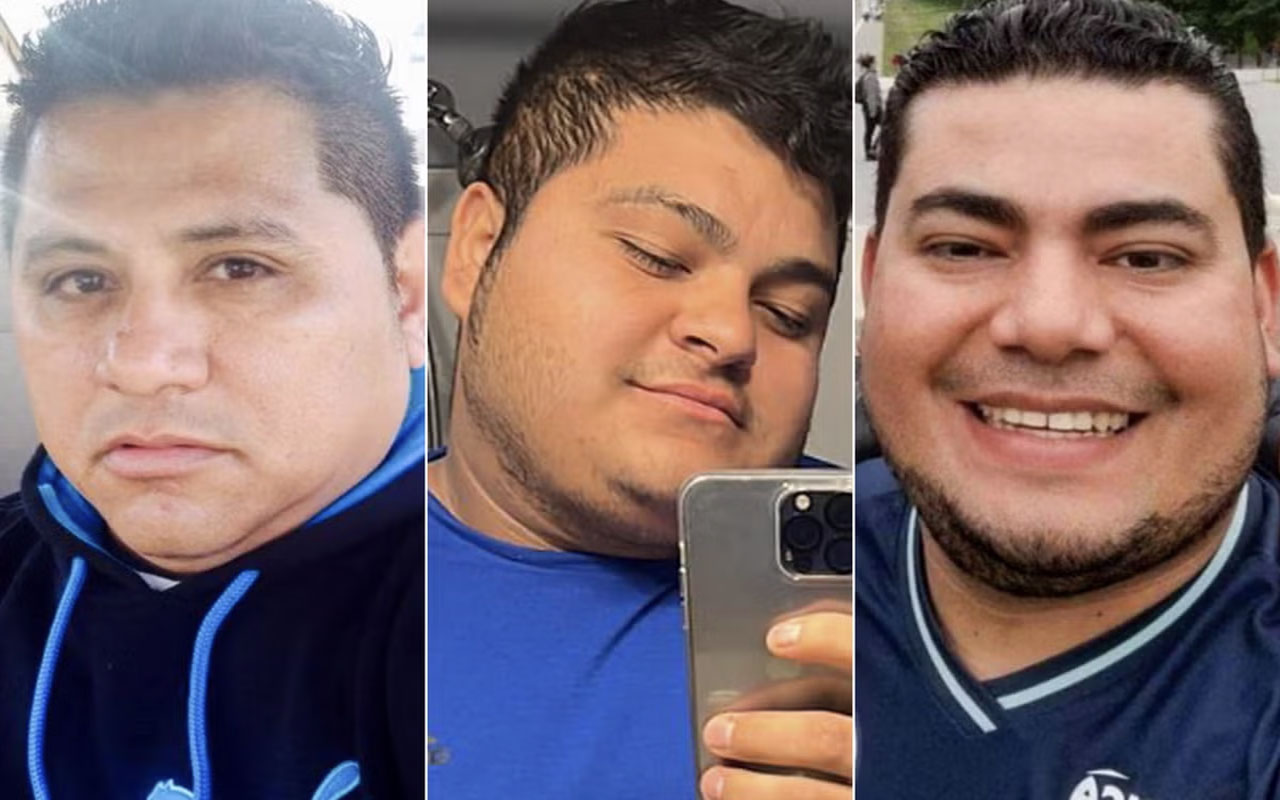
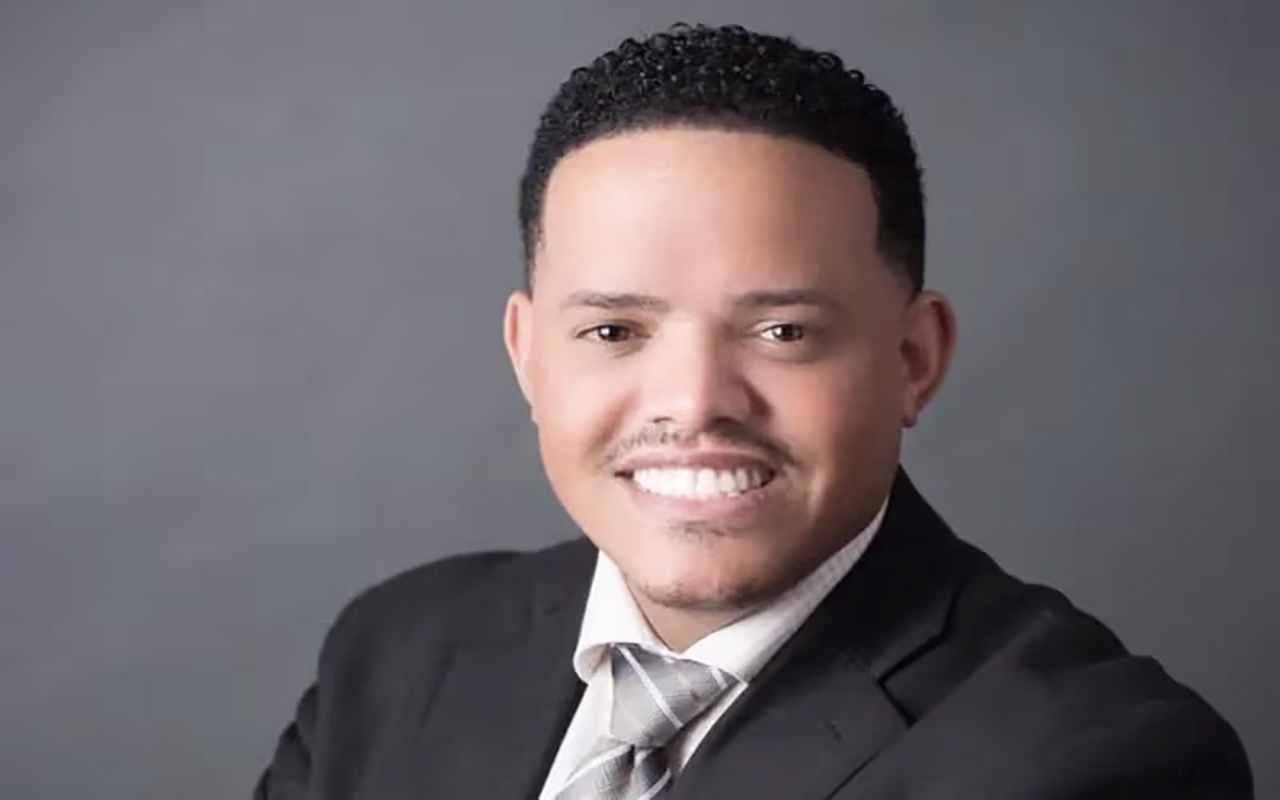
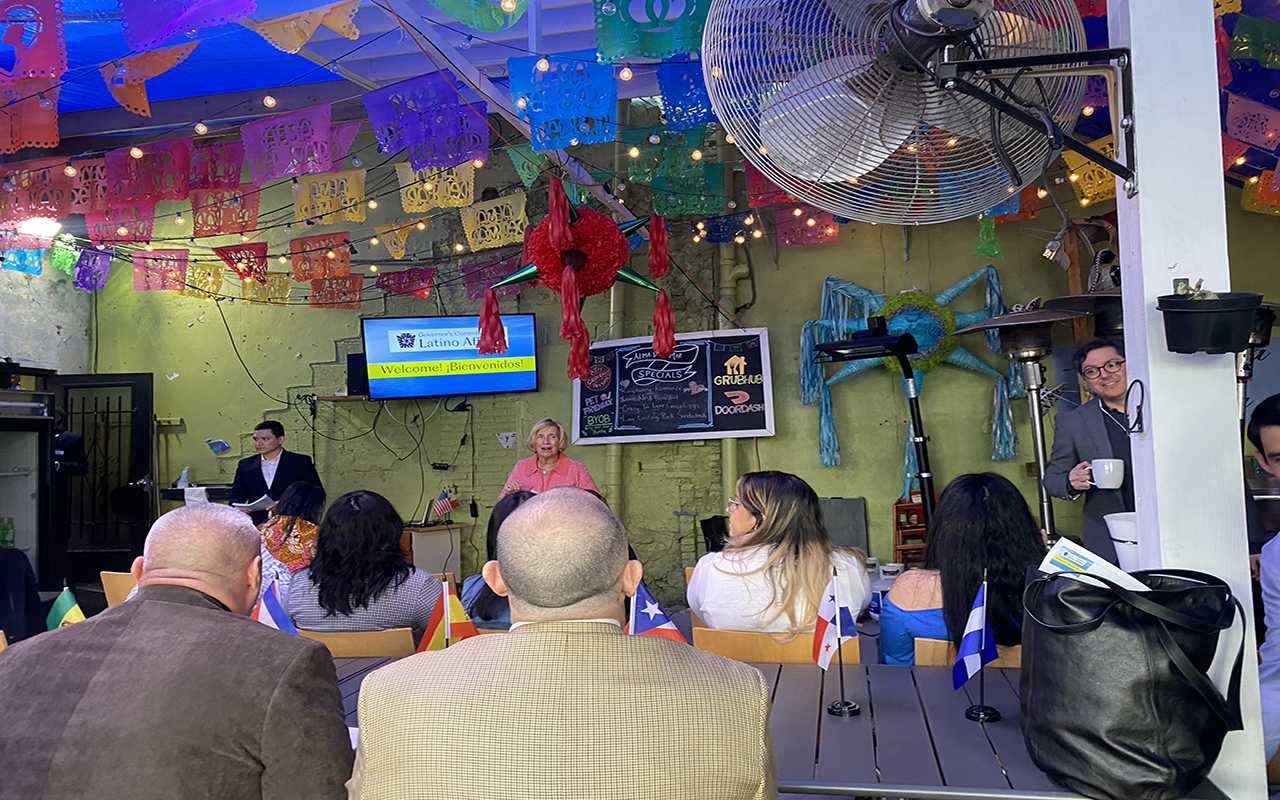


LEAVE A COMMENT:
Join the discussion! Leave a comment.